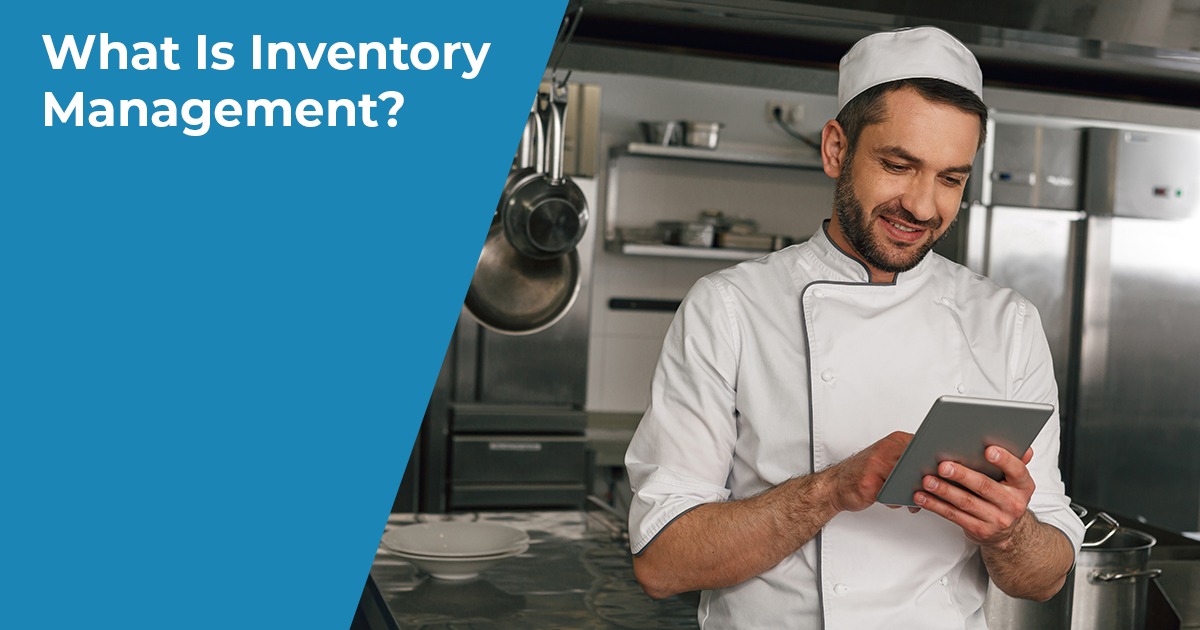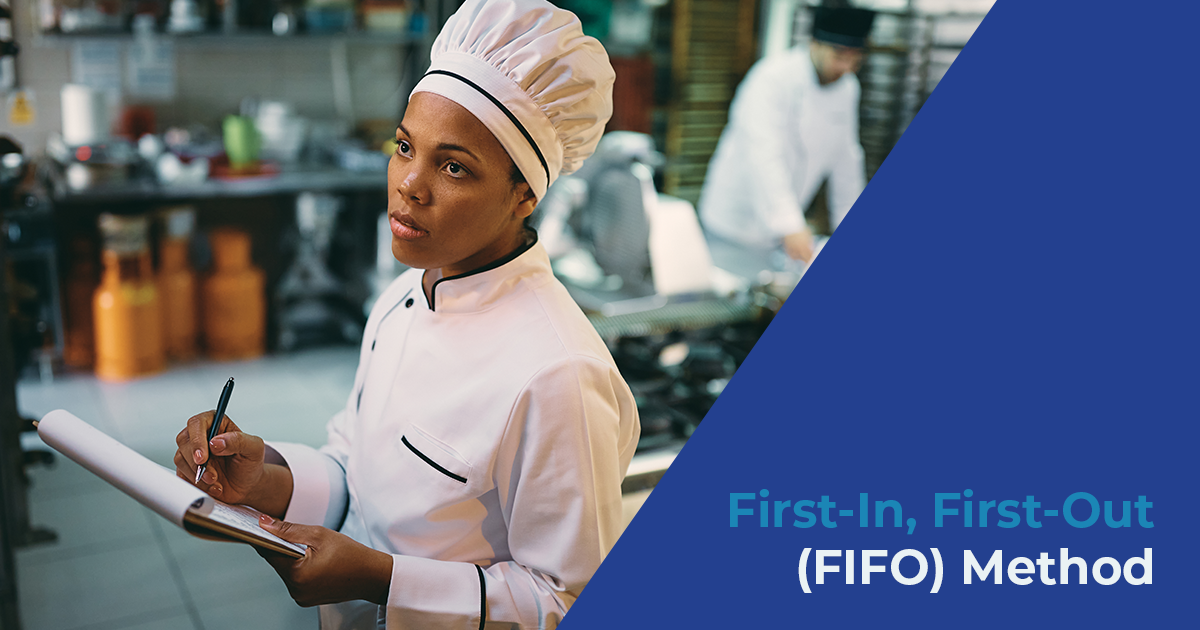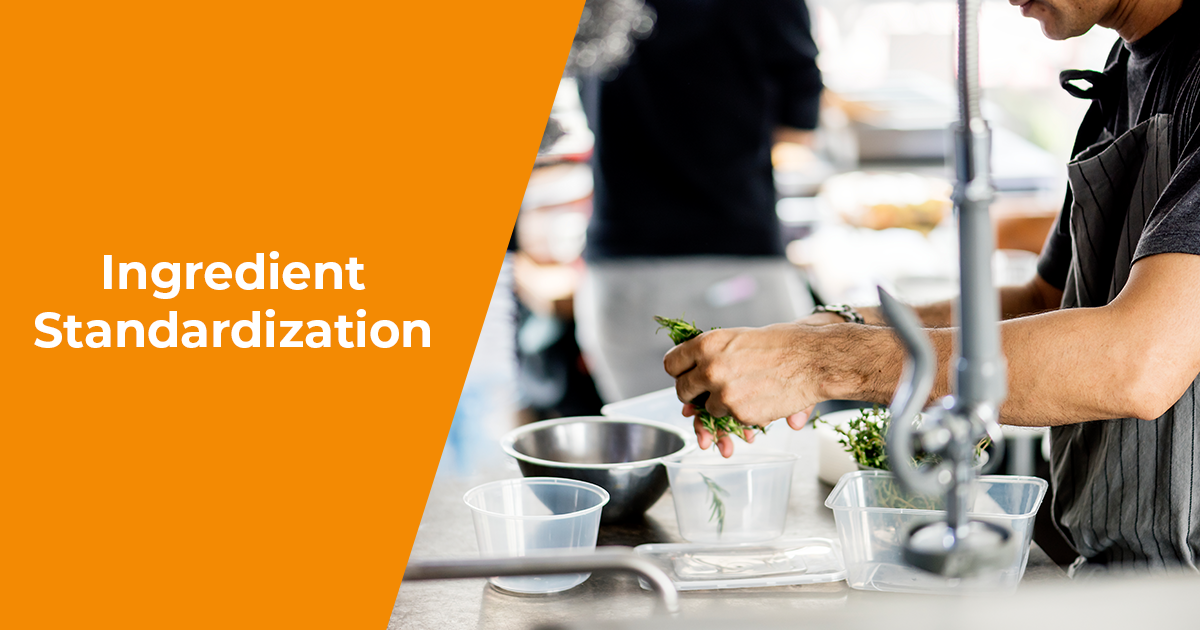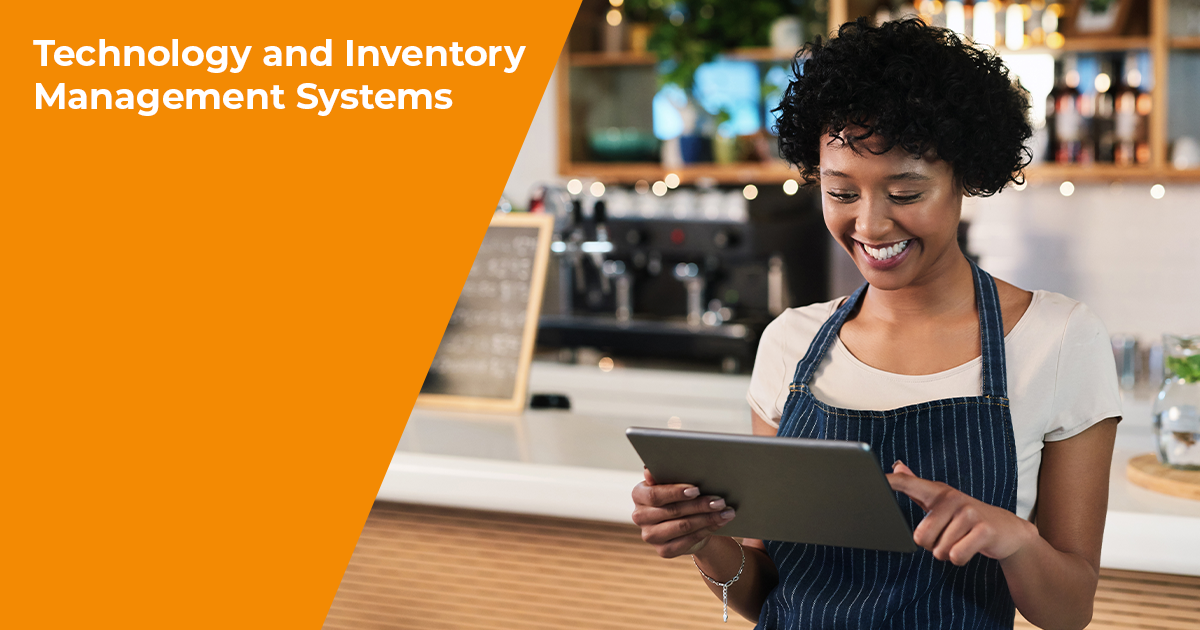In the fast-paced world of restaurant operations, smart inventory management emerges as a critical tool for success.
The ability to efficiently track, analyze, and control inventory is essential not only for meeting customer demand but also for reducing food waste and controlling costs.
By implementing intelligent inventory management practices, independent restaurant operators can strike a delicate balance between ensuring adequate stock levels and avoiding excess inventory that can lead to spoilage.
With a focus on optimizing purchasing decisions, forecasting demand accurately, and leveraging technology, smart inventory management becomes a key driver of profitability and sustainability, allowing restaurants to minimize waste, control costs, and maintain high-quality ingredients for their customers.
Inventory management in a restaurant refers to the processes and practices involved in controlling and tracking the inventory of ingredients, supplies, and other items essential for the operation of the restaurant.
It includes activities such as ordering, receiving, storing, and utilizing inventory efficiently to meet customer demand while minimizing waste and controlling costs.
Inventory management involves strategies like tracking inventory levels, analyzing usage patterns, implementing inventory systems, forecasting demand, and collaborating with suppliers.
Let’s take a look at what smart inventory management entails:
Inventory tracking and analysis is a foundational component of smart inventory management.
By maintaining accurate records and analyzing usage patterns, restaurant operators can identify trends, adjust ordering quantities, and minimize excess stock. This proactive approach enables them to reduce food waste by ensuring ingredients are used before expiration and control costs by optimizing purchasing decisions based on real-time data.
Effective inventory tracking and analysis empower independent restaurant operators to make informed decisions that maximize profitability and minimize waste.
Forecasting and demand planning play a vital role in smart inventory management.
By analyzing historical data, seasonal trends, and customer preferences, restaurant operators can accurately predict future demand. This enables them to optimize ingredient quantities, ensuring they have enough stock to meet customer needs without overstocking.
By aligning inventory with actual demand, restaurants can minimize food waste, control costs, and improve overall profitability while maintaining high-quality ingredients for their customers.
Just-in-Time (JIT) ordering is a valuable strategy in smart inventory management.
By ordering ingredients in smaller, more frequent batches based on real-time demand, restaurants can minimize excess inventory and reduce the risk of spoilage. JIT ensures freshness, saves storage space, and lowers holding costs.
This efficient ordering approach helps independent restaurant operators reduce food waste, control costs, and maintain optimal inventory levels to meet customer needs efficiently.
The First-In, First-Out (FIFO) method is a fundamental practice in smart inventory management.
By using older ingredients before newer ones, restaurants can prevent ingredient spoilage and minimize waste. This approach, facilitated by proper labeling and organization, ensures that ingredients are used based on their expiration dates.
Implementing the FIFO method helps independent restaurant operators reduce food waste, optimize inventory rotation, and control costs, ultimately enhancing profitability and sustainability.
Ingredient standardization is a beneficial strategy in smart inventory management for independent restaurant operators.
By using common ingredients across multiple menu items, restaurants can optimize purchasing quantities, minimize waste from underutilized ingredients, and simplify inventory tracking.
Standardization allows for better inventory control, reduces the risk of overstocking, and enables efficient usage of ingredients, resulting in reduced food waste and improved cost management.
It also streamlines kitchen operations and ensures consistency in taste and quality across menu offerings.
Leveraging technology and inventory management systems is integral to smart inventory management for independent restaurant operators.
These systems automate inventory tracking, streamline ordering processes, and provide real-time visibility into stock levels.
By eliminating manual errors and offering data-driven insights, technology helps optimize inventory levels, reduce waste, and control costs. Advanced systems can even integrate with point-of-sale platforms, enabling seamless inventory updates as orders are placed.
Embracing technology empowers restaurants to make informed decisions, enhance operational efficiency, and maintain profitability while minimizing food waste.
Collaboration with suppliers is essential in smart inventory management for independent restaurant operators.
Building strong relationships and maintaining open lines of communication allows for effective coordination in terms of ordering, delivery schedules, and product availability. Suppliers can provide valuable insights on shelf life, storage recommendations, and new product offerings.
By working closely with suppliers, restaurants can negotiate favorable terms, ensure timely deliveries, and access discounts or promotions. This collaboration helps optimize inventory, reduce food waste, control costs, and ensure a consistent supply of high-quality ingredients.
Training and staff accountability are crucial elements of smart inventory management for independent restaurant operators.
Proper training ensures that staff members understand the importance of inventory control, portion management, and waste reduction. By educating and empowering employees, restaurants can foster a culture of responsibility toward inventory management.
Implementing accountability measures such as tracking ingredient usage and waste allows for monitoring and incentivizing staff to be mindful of inventory practices.
By involving the entire team in smart inventory management, restaurants can reduce food waste, control costs, and improve overall operational efficiency.
Smart inventory management serves as a crucial element for independent restaurant operators aiming to reduce food waste and control costs.
With proper training and staff accountability, restaurants can instill a culture of responsibility and maximize the benefits of smart inventory management.
By embracing the practices listed above, restaurants can achieve their goals of reducing food waste, controlling costs, and ultimately thriving in a competitive industry while providing exceptional dining experiences for their valued customers.
It’s a critical aspect of running a successful and sustainable food establishment!















